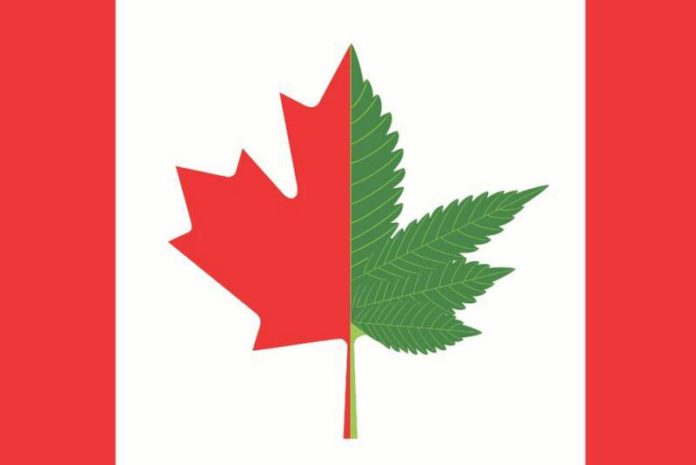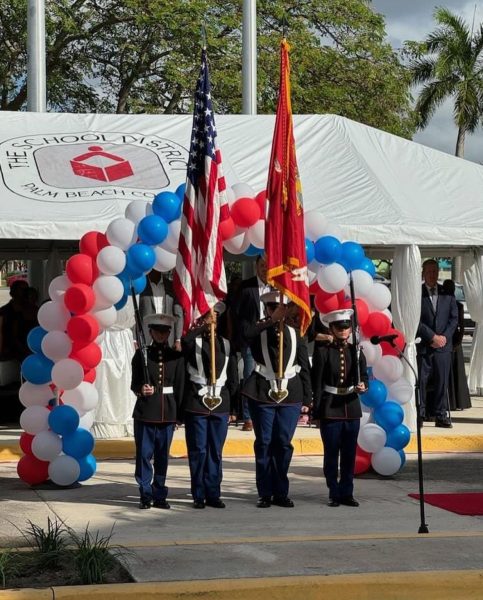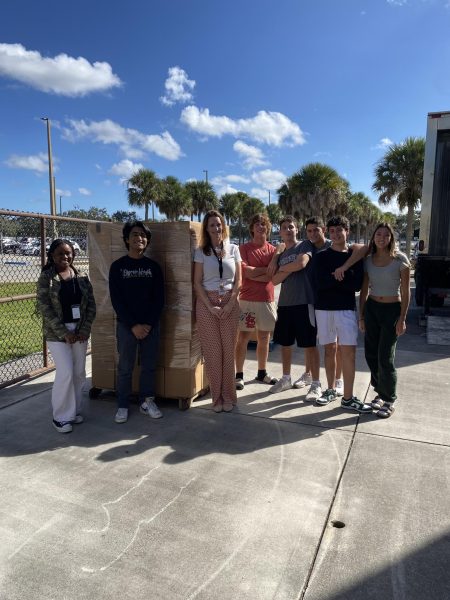Canada Legalizes Recreational Marijuana; Will U.S. Follow?
In Montreal neighborhood, a store had hundreds of people lined up around the block, by its 10:00 a.m. opening time, with the police there to keep the growing crowd under control. These people are eager to become some of the first legal buyers of marijuana in Montreal.
The absolute first person that purchased marijuana legally in Canada was a man named Ian Power, who made his purchase in St. John’s, of Canada’s easternmost province Newfoundland and Labrador, with a time zone 30 minutes ahead of the rest of eastern Canada.
“It’s been my dream to be the first person to buy the first legal gram of cannabis in Canada, and here I finally am,” Power said.
Canada has become the second country after Uruguay to legalize possession and use of recreational cannabis. Possession of cannabis first became a crime in 1923 but medical usage of it has been legal in the country since 2001.
The reasoning for this legalization of cannabis was stated by Canadian Prime Minister Justin Trudeau. He argued that Canada’s nearly century-old laws criminalizing use of the drug have been ineffective considering that Canadians are still one of the world’s heaviest users. Trudeau actually made the legalization of cannabis part of his 2015 election campaign for prime minister.
Trudeau also said that the new legislation was the best way to keep drugs out of the hands of teens and profits out of the hands of criminals. “There is a disproportionate representation of young people from minorities who are saddled with criminal convictions,” Trudeau said. “This will make a real difference for people who have been unfairly impacted from the previous regime.”
The Canadian government estimates that it will raise $400 million a year in tax revenues on the sale of cannabis. Under the new law, Canadians will be limited to the number of plants they can grow themselves, and can only hold thirty grams on themselves personally in public at a time.
A new drug-impaired driving legislation that include stiff fines and possible jail time was also introduced by the Canadian federal government. Stating that police will be able to demand suspected drivers take a roadside sobriety test or provide saliva sample to test for THC, which is a psychoactive compound in cannabis.
The change in the Canadian national drug policy has raised some concerns for the U.S. government. Officials from the U.S. Customs Border and Protection agency announced that Canadians will still be prohibited from bringing any marijuana from their country into the U.S.
“They [the U.S.] can establish their own rules,” Ralph Goodale, Canada’s public safety minister, told reporters, adding that he is confident U.S. border agents will treat Canadians in a respectful manner. Canada has also been setting out signs across international borders to warn travelers that crossing these borders with the drug remains illegal.
As more and more states in the U.S., legalize and relax marijuana laws, the move by Canada has given hope to those hoping that the U.S. will soon be doing the same on a national level.














